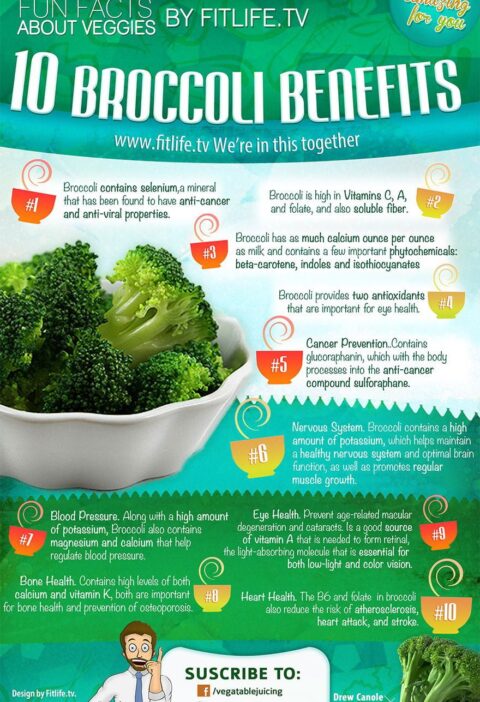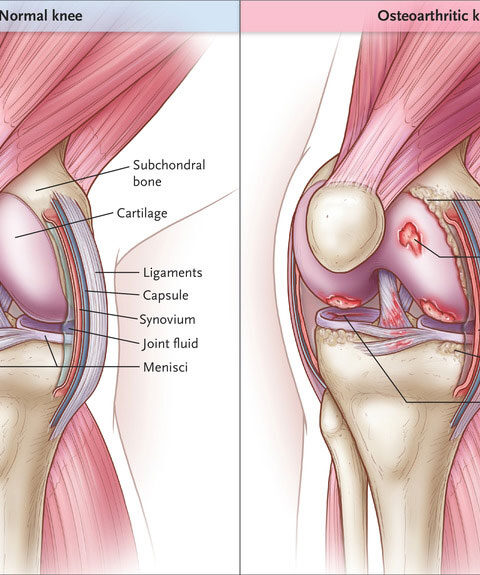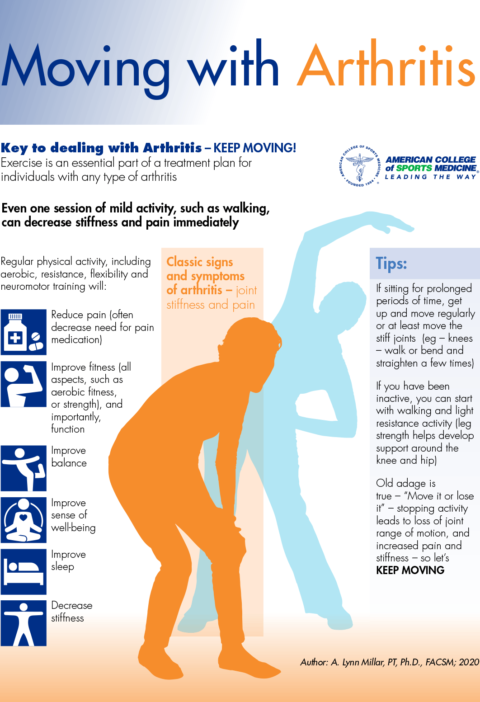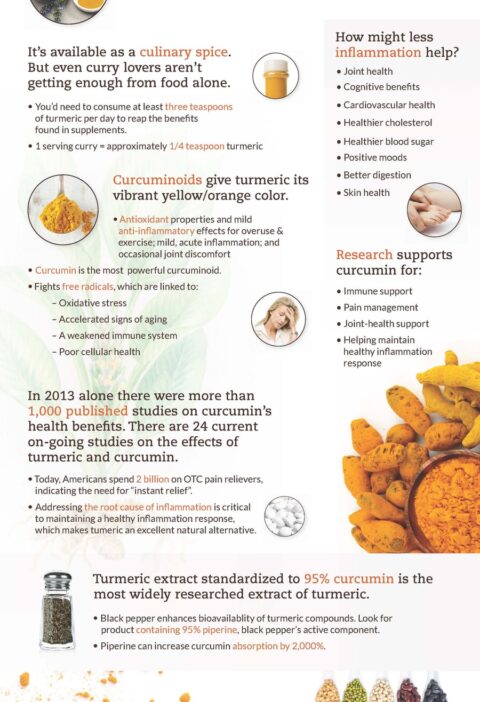Cinnamon can help to reduce the risk of type 2 diabetes
Diabetics suffer from insufficient pancreatic insulin production or cells don’t respond as expected to its presence, leading to elevated blood sugar levels. Cinnamon enhances this action by increasing levels of three vital proteins involved with signaling insulin action, inflammation response, and glucose transport within their bodies.
Studies have demonstrated that individuals taking supplements containing the equivalent of quarter to half a teaspoon of cinnamon twice daily reduced their risk factors for diabetes such as glucose, triglycerides and cholesterol by 10% to 30%.
One study has demonstrated that daily cinnamon intakes of 1, 3, or 6 grams can lower serum glucose, LDL cholesterol levels, total cholesterol and triglyceride in individuals with type 2 diabetes.1 These findings show that including cinnamon in their diet can lower risk factors associated with both diabetes and cardiovascular diseases – even one gram daily experienced benefits similar to taking six grams at one time; so there may be no need for greater consumption than this initial recommendation.
Ceylon and Cassia cinnamons are two of the most frequently utilized types. While Ceylon cinnamon contains more antioxidants, both types can be effective at lowering blood sugar – with Cassia becoming the more popular choice as evidenced by studies conducted using it.
Cassia cinnamon contains more coumarin than Ceylon cinnamon, an potentially toxic compound which may damage liver tissue. Ceylon cinnamon boasts significantly lower coumarin levels making it the safer alternative despite being more expensive.
The European Food Safety Authority has set the tolerable daily intake limit for coumarin at 0.1 mg/kg of bodyweight.







